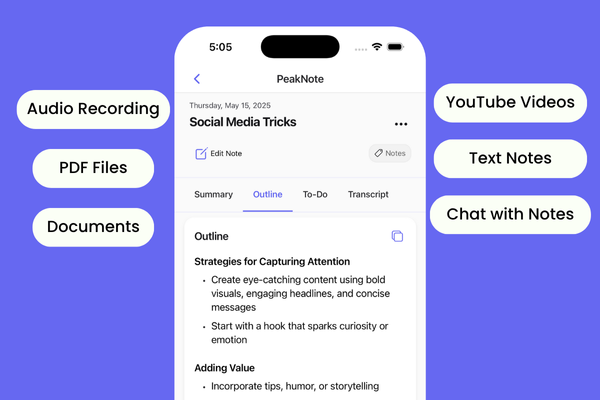To test a React app without relying on actual external services, you can mock API calls.
This ensures that your tests run quickly and don't fail due to issues with real APIs.
Mocking allows us to simulate different API responses and states.
In React, you can use tools like Jest to mock API calls. Here is a simple way to mock an API call using Jest:
// Suppose you have a function to fetch user data
async function fetchUser() {
const response = await fetch('https://api.example.com/user');
return response.json();
}
// In your test file
import { fetchUser } from './path/to/your/function';
global.fetch = jest.fn(() =>
Promise.resolve({
json: () => Promise.resolve({ id: 1, name: 'John Doe' })
})
);
test('fetches the user data', async () => {
const user = await fetchUser();
expect(user.name).toBe('John Doe');
});
We used jest.fn() to create a mock function for fetch. It returns a promise that resolves to a fake response when called.
This lets you test the behavior of fetchUser without making an actual network request.
It is Used for:
- Speed: Tests that don't call real APIs run faster, making it easier to run them frequently.
- Stability: Mocking prevents issues due to API downtime or rate limiting from breaking your tests.
- Consistency: You can ensure the same API responses each time, which is useful for debugging.
- Security: Avoid hitting production APIs during tests, which can prevent data corruption.
By mocking API calls, you make your tests more reliable and efficient, ensuring your application behaves as expected without depending on external factors.

